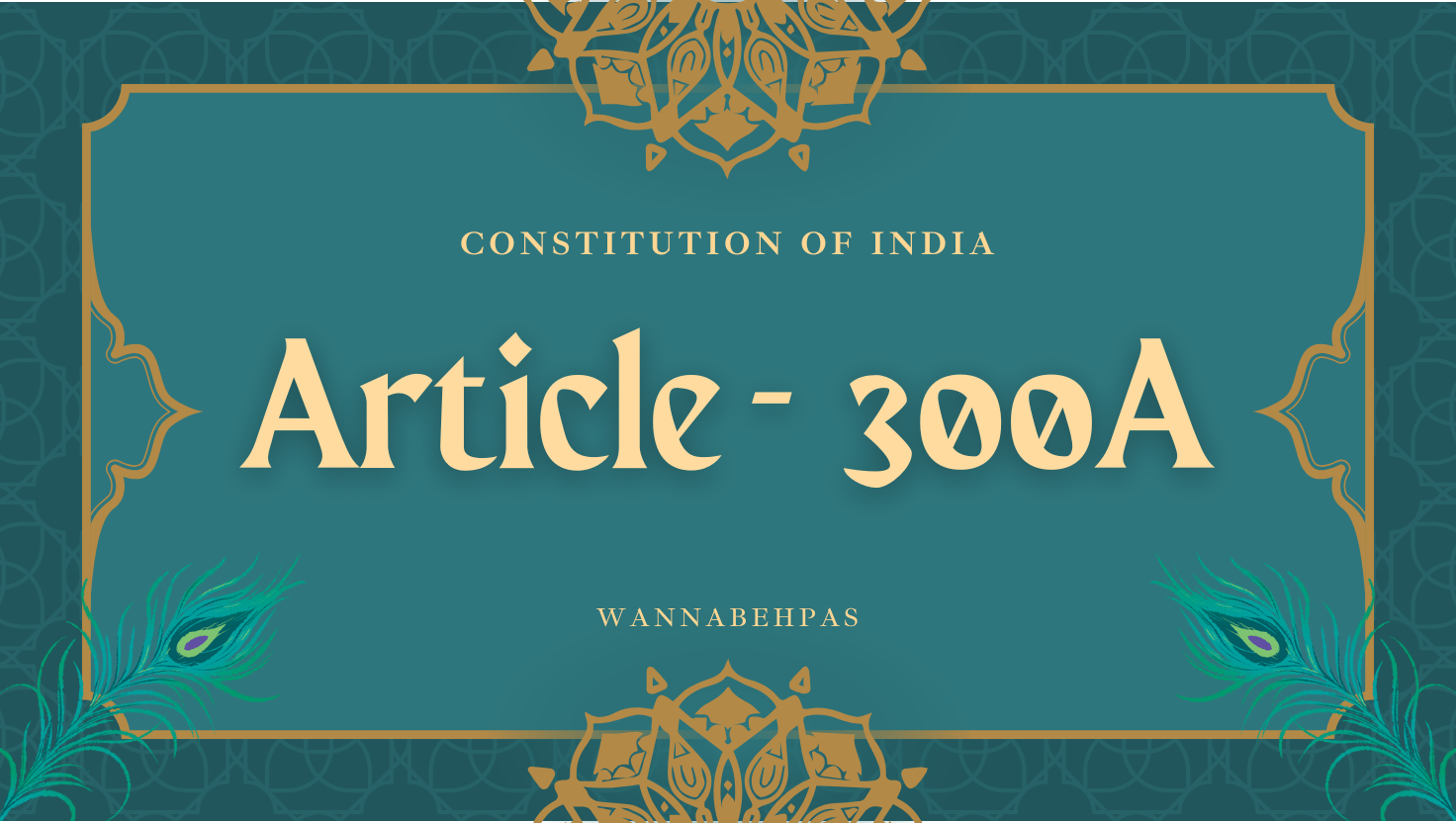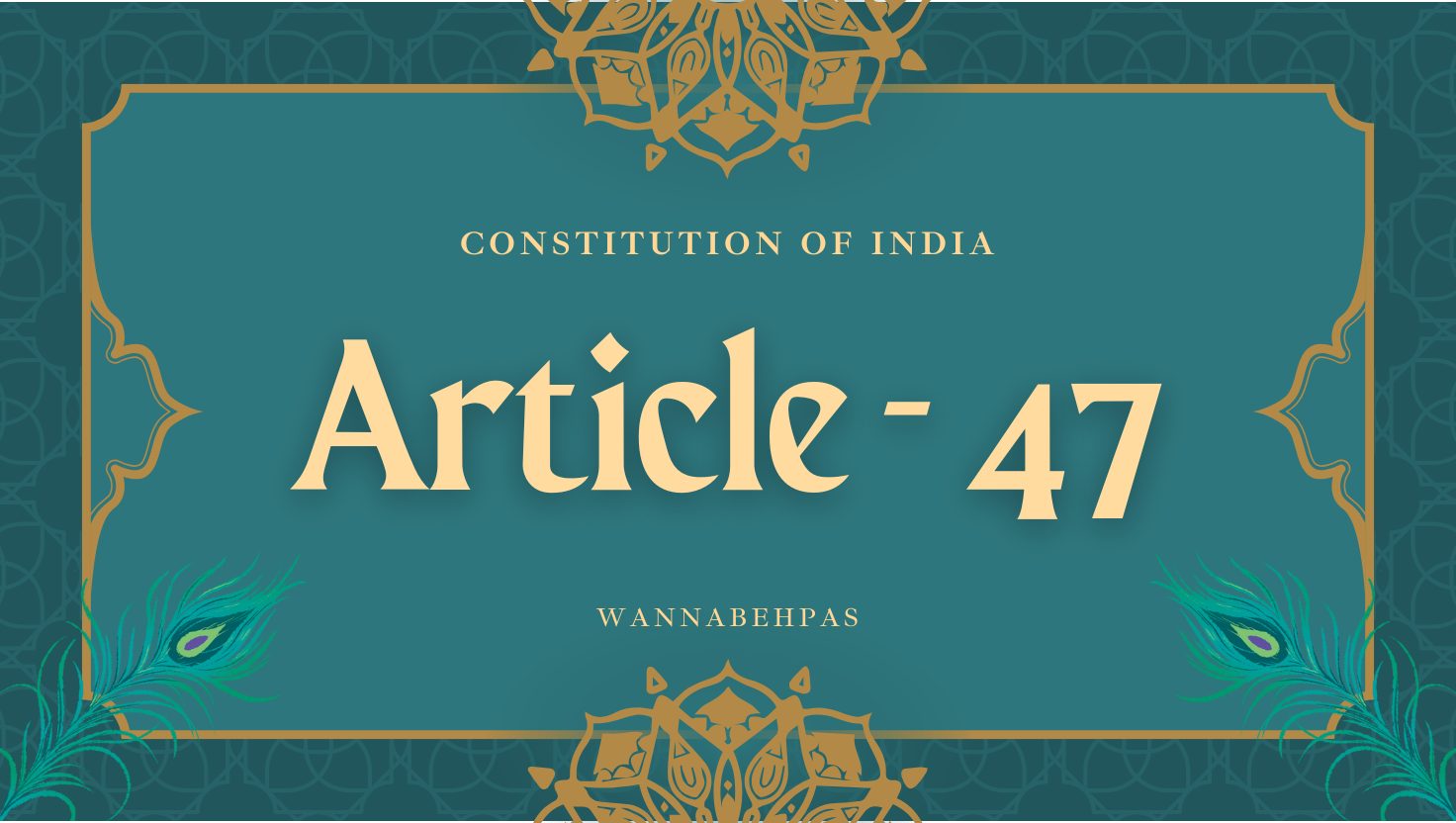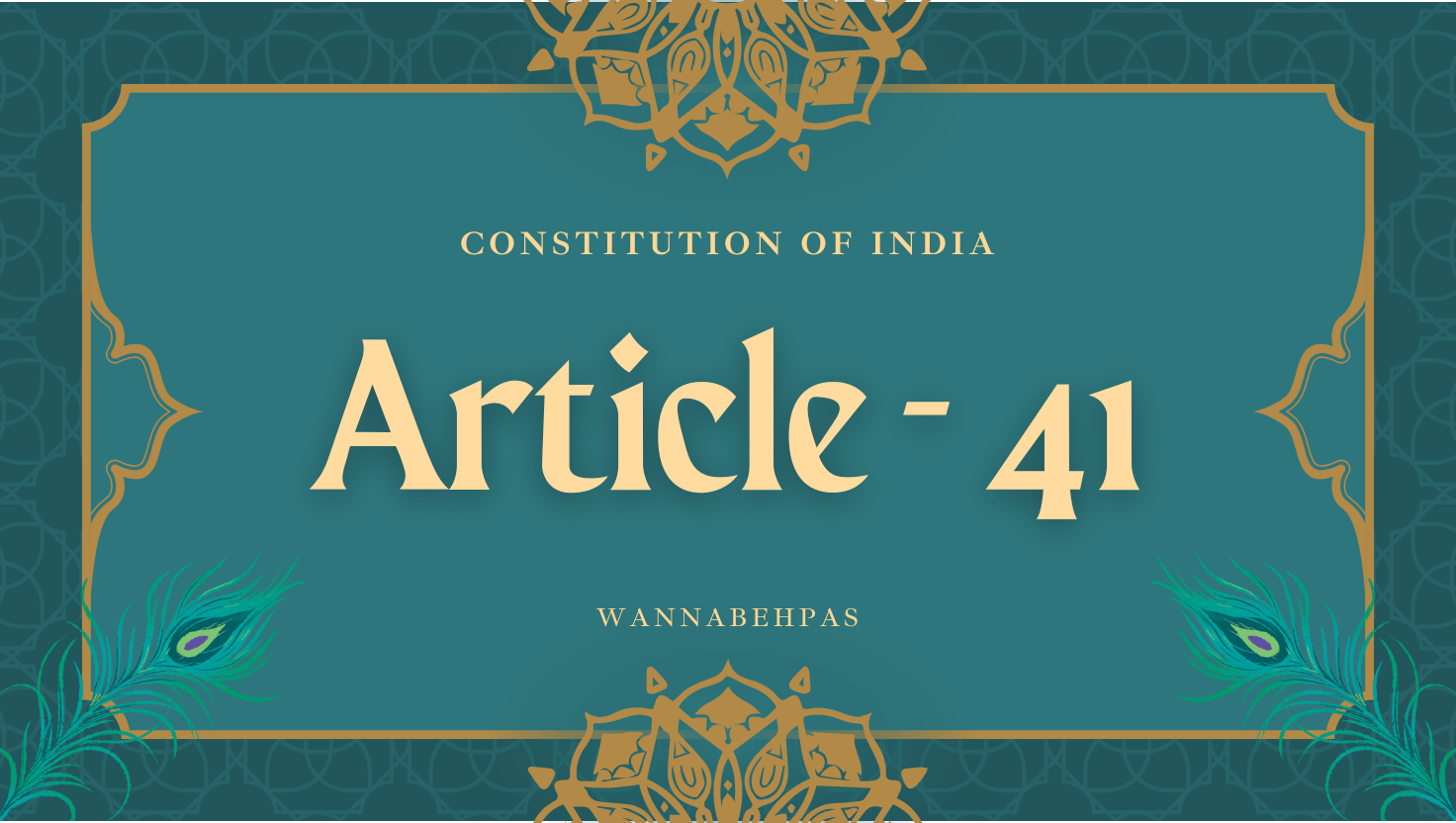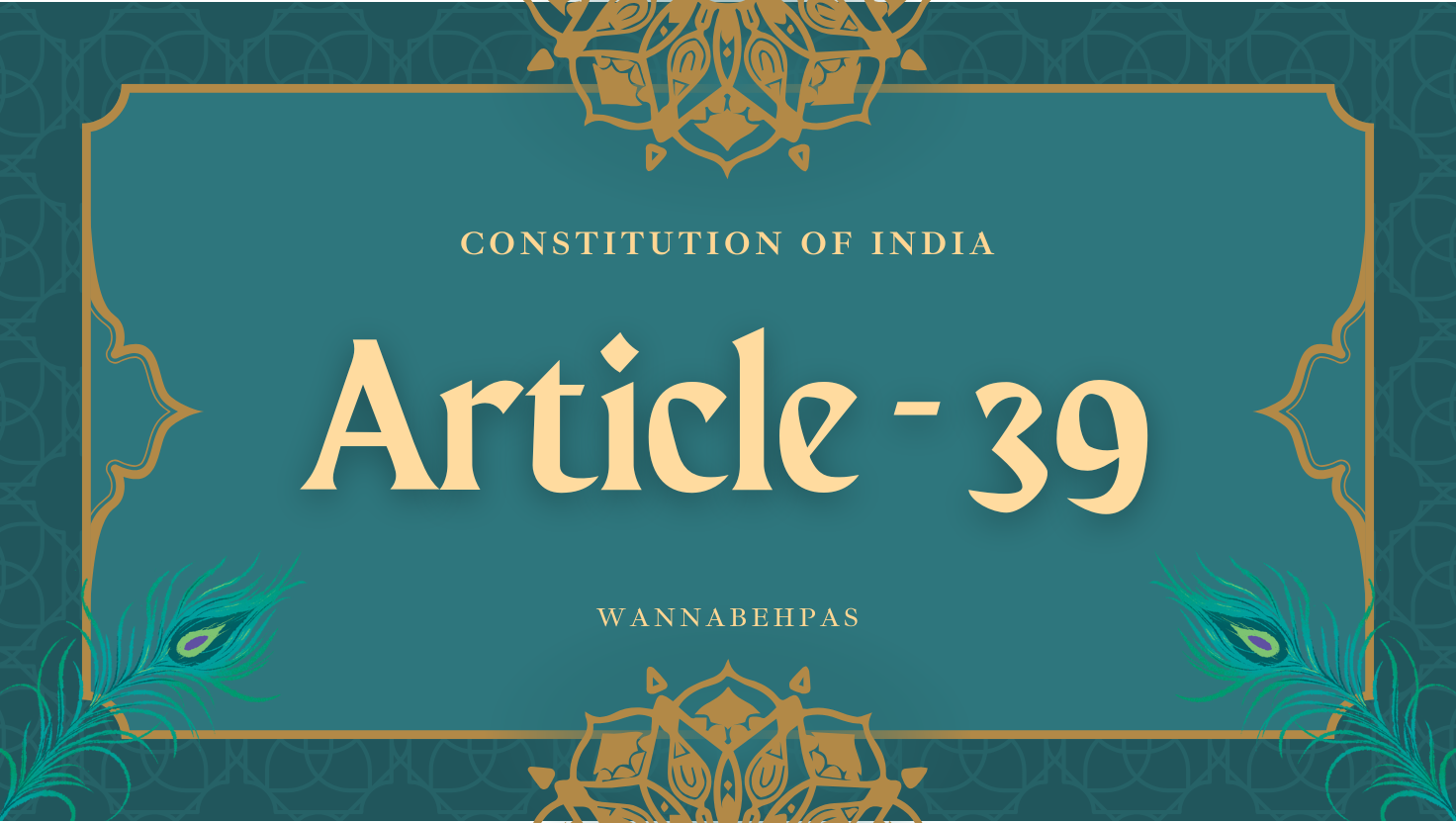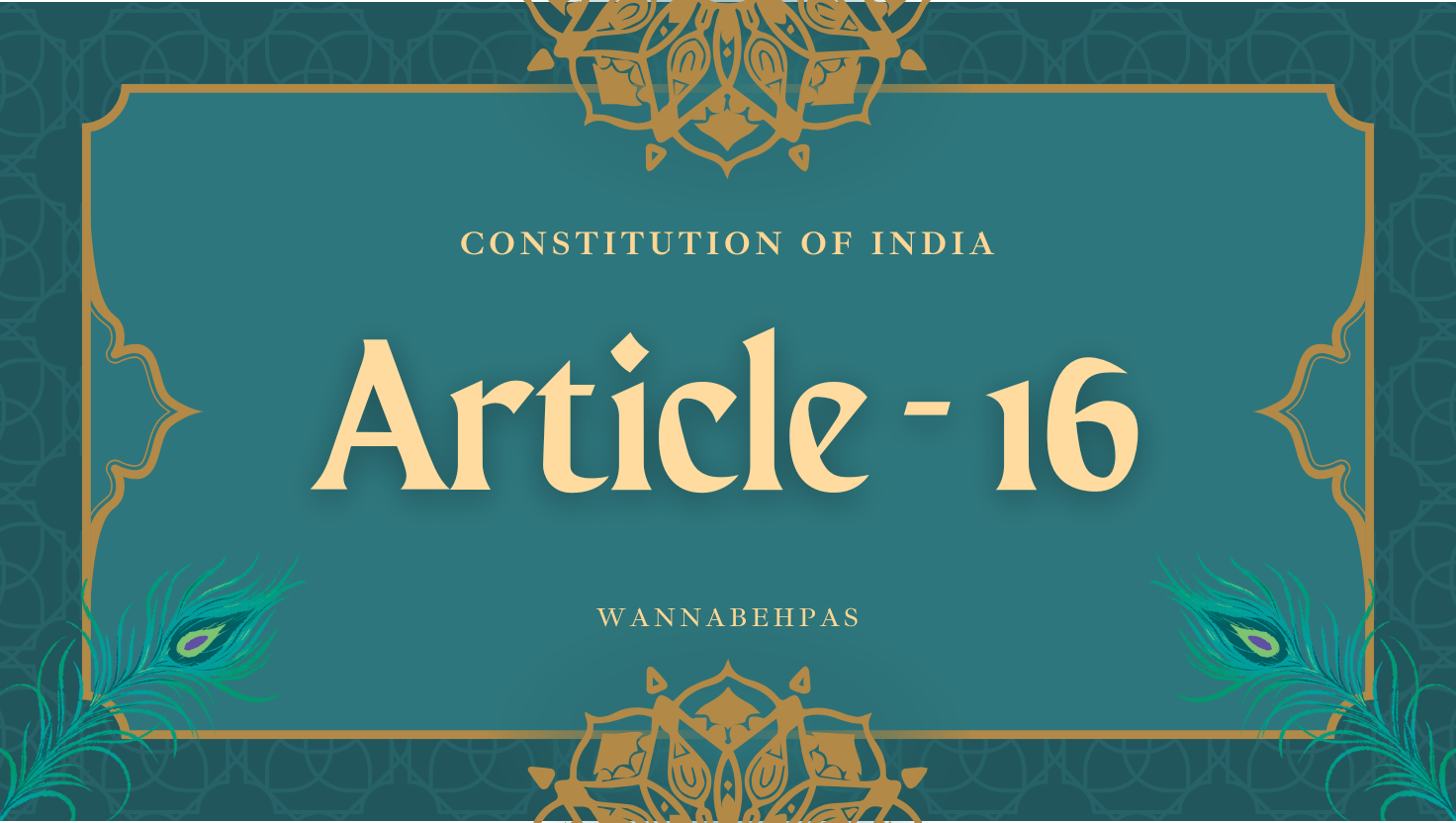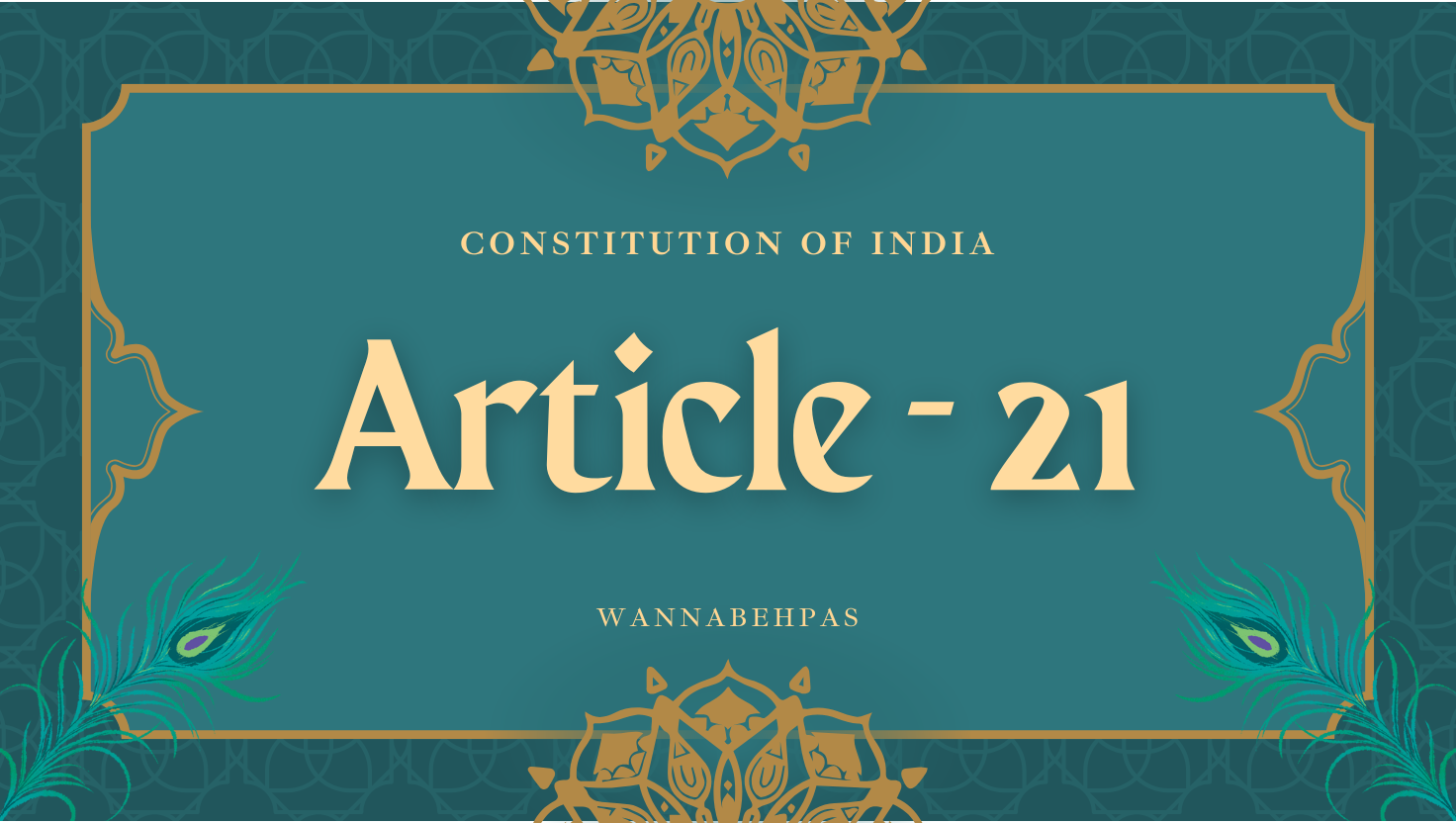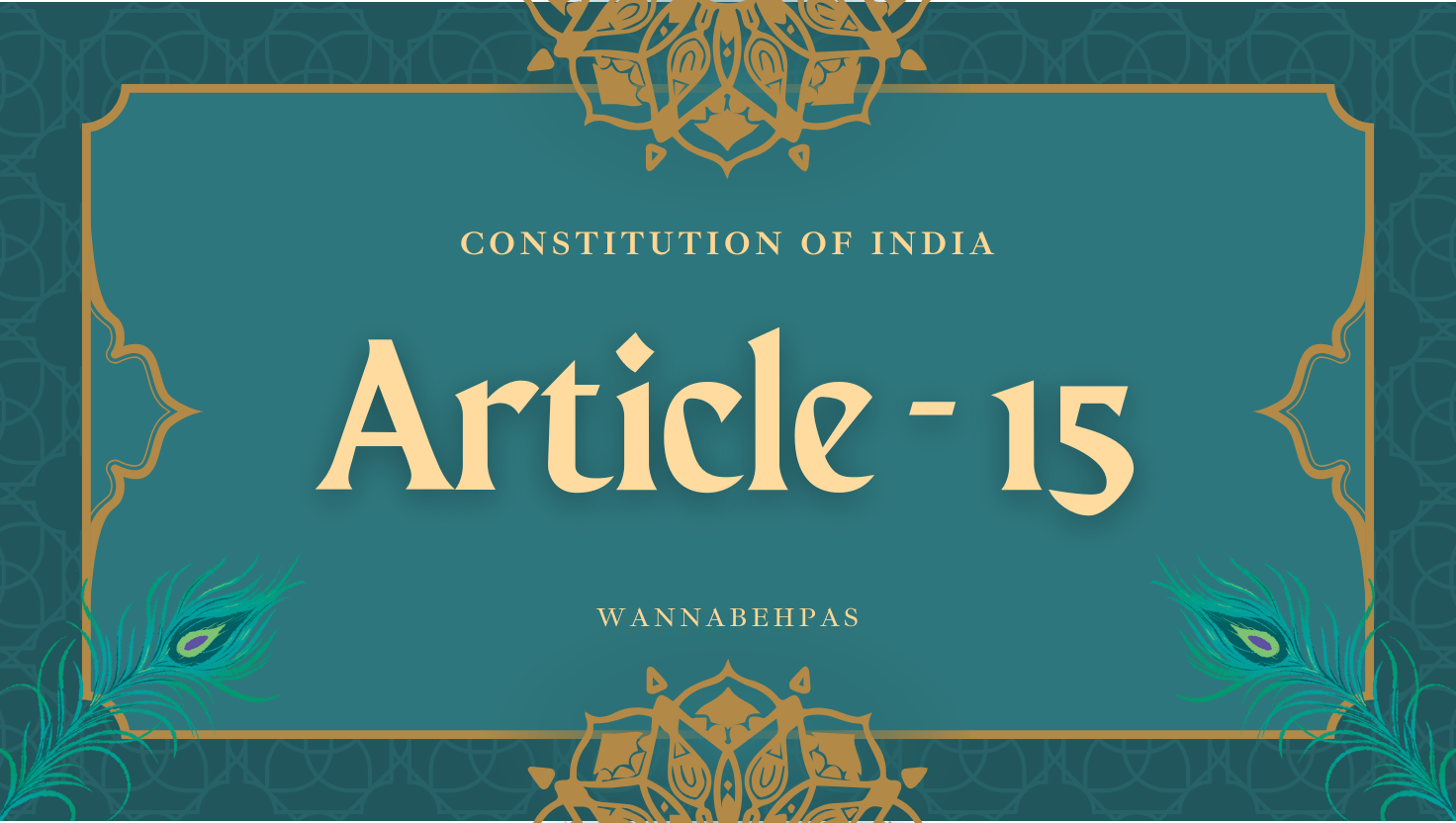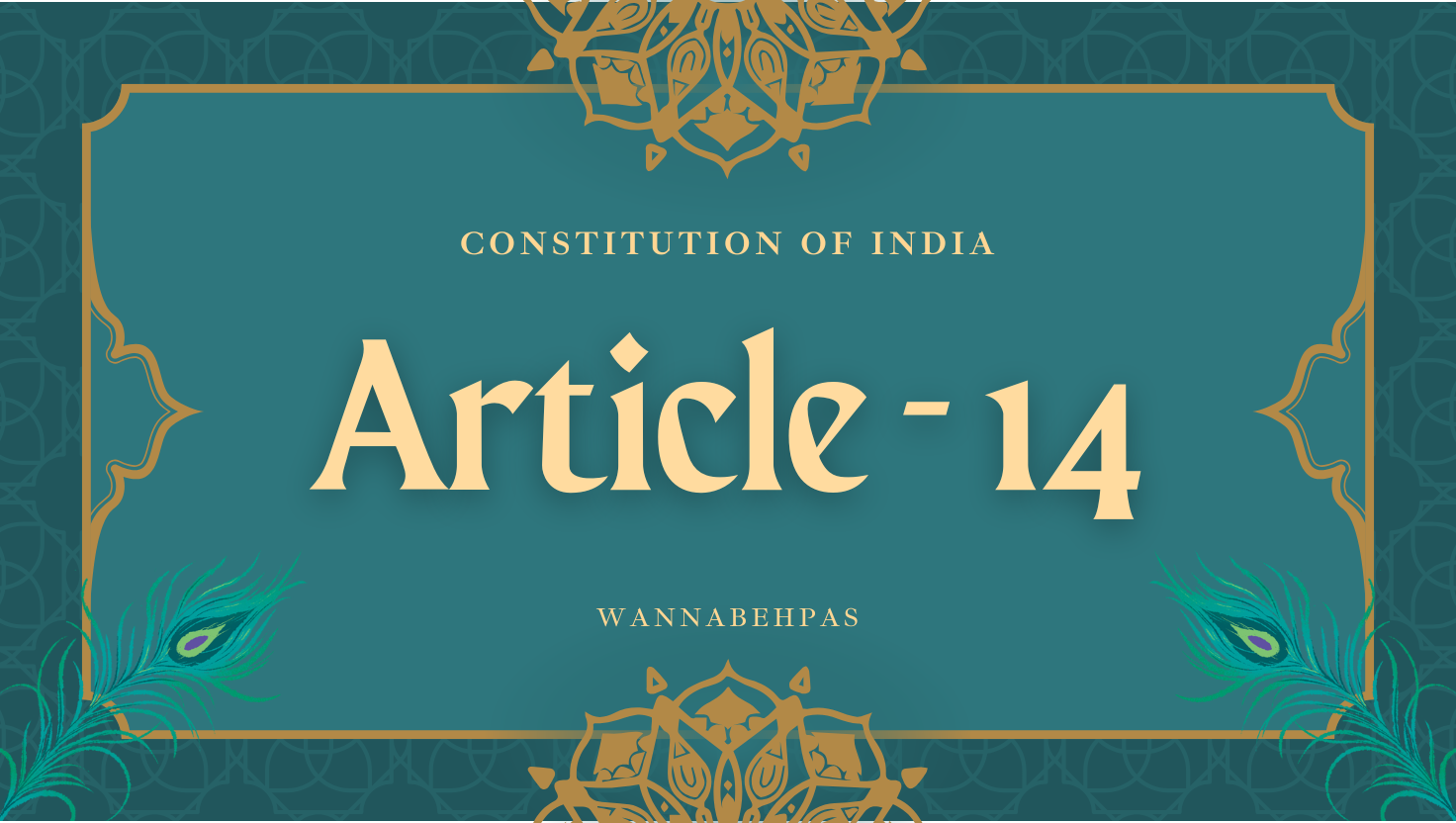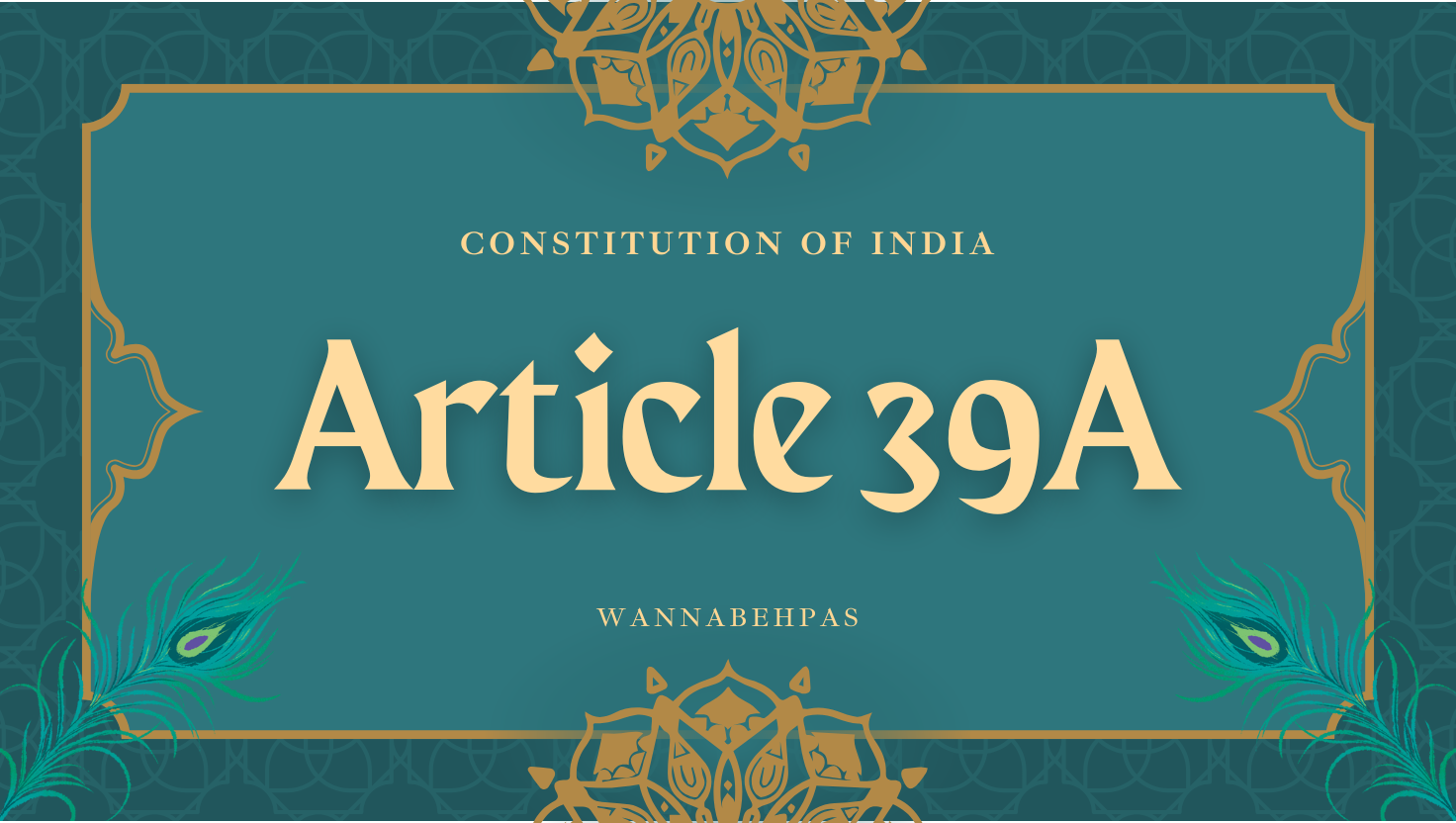Article 324: Superintendence, Direction, and Control of Elections
Article 324 of the Constitution of India empowers the Election Commission of India (ECI) to oversee and manage the entire process of elections in the country. This includes elections to the Parliament, State Legislatures, and to the offices of the President and Vice-President.
Key Provisions of Article 324
| Clause | Provision |
|---|---|
| (1) | The superintendence, direction, and control of the preparation of electoral rolls and the conduct of elections are vested in the Election Commission. |
| (2) | The Election Commission consists of the Chief Election Commissioner (CEC) and other Election Commissioners, if any, as decided by the President. Their appointment is made by the President, subject to any law made by Parliament. |
| (3) | When more than one Election Commissioner is appointed, the CEC acts as the Chairman of the Commission. |
| (4) | Before each general election, the President may appoint Regional Commissioners, in consultation with the Election Commission, to assist in election-related duties. |
| (5) | The conditions of service and tenure of the CEC and Election Commissioners are decided by the President, unless otherwise provided by law. The CEC enjoys security of tenure, and can only be removed like a Supreme Court judge. Other Election Commissioners or Regional Commissioners can be removed only on the recommendation of the CEC. |
| (6) | The President or the Governor is required to make available staff as requested by the Election Commission for conducting elections. |
Editorial Insight: Judicial Oversight & Amendment Impact
The 19th Constitutional Amendment Act, 1966 was a major development in India’s electoral system. It:
- Abolished election tribunals and transferred the jurisdiction of election disputes to the High Courts.
- Amended Article 324(1) to reinforce the Election Commission’s authority in conducting free and fair elections.
- Led to changes in the Representation of the People Act, 1951, nullifying provisions related to the appointment of electoral tribunals.
This reform was seen as a turning point, strengthening judicial oversight through the High Courts and ensuring a more transparent and accountable election process.


